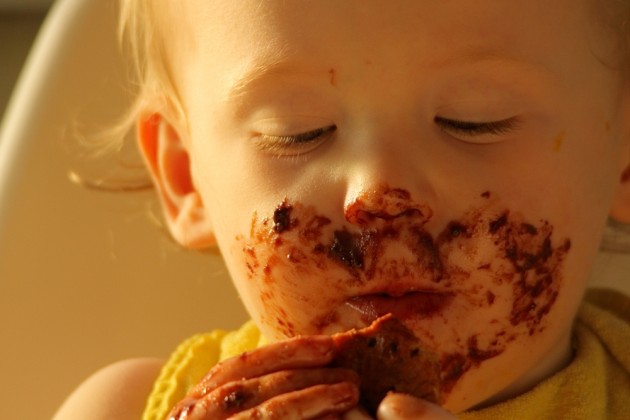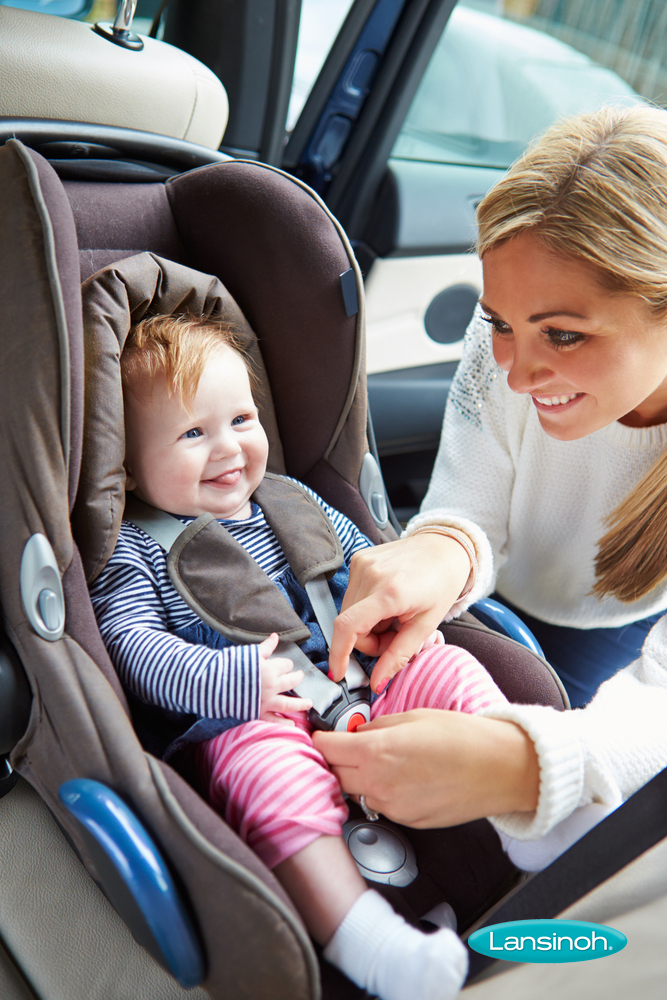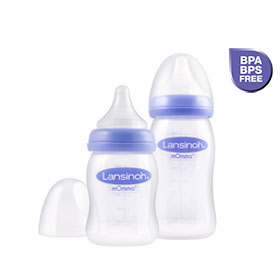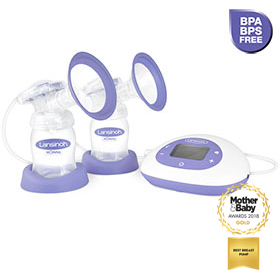Advice Articles
- Home
- Advice Articles
- Postnatal
- Starting Solid Foods
Starting Solid Foods

Signs that baby is ready to start solid foods are being able to sit up unassisted, making chewing motions with his/her mouth, taking an interest in your food, grasping for it and putting into his/her mouth.
A key skill to look for is when your baby wants to put solid food into his/her mouth and uses sucking motions as your baby eats more solid foods, which turn into a chewing action – this is called “baby-led feeding”.
Babies who are not introduced to solid foods before 10 months are likely to take longer to learn how to grasp their food, put it into their mouths, and learn to chew. However, some babies do not show any interest in feeding other than breastfeeding. Keep looking for signs your baby is ready such as having them at the meal table with you as this will encourage her/him to copy and become interested in tasting your food – give your baby some finger food to play with until they get the hang of eating but be sure it is in a small size and not something they can choke on.
When starting solids, it is important to look for allergenic responses so give one new food at a time so you can watch for any reactions.
Continue giving baby the best nutritional diet by introducing easy finger foods of natural shapes such a cooked broccoli spears or chip-style cooked carrot stick as well as some of your meal mashed up or pureed.
Babies are still developing their ability to grip by finger and thumb (pincer grip) so to start with they will use a whole hand grip (palmar grip).
You may be worried about your baby choking so be sure to stay with them anytime they are eating and also ensure that foods are soft, mashed, or easily chewed by baby. This is also why it is important to wait until baby can sit up on their own before feeding solid foods. Sitting up allows them to freely move their tongues around their mouth enabling them to control food.
Your baby may not take solid foods straight away, look for signs that tell you baby is ready. Pushing food out with their tongue usually means they are not quite ready even if all the other signs are there. Just keep trying and give your baby a variety of foods – pureed and solids and let him or her choose.
Babies get all their sodium requirement from your breastmilk so you don’t need to add salt to any of your baby’s food (freshly cooked or commercial baby foods). Cooking your meals without salt will really help maintain your baby’s salt intake.
Recognising when your baby is ready for solids prevents you from introducing them too soon which could upset baby’s tummy and his/her breastfeeding pattern. Once you are happy baby is ready for solids let him/her take the lead – it’s messy but fun!
Related Categories
Related Articles
-

Breast Pumping Tips
Here are a few more tips to help you pump successfully: 1) One of the most...
Read More -

Breastfeeding and Teething
Teething is a very common cause of unsettled behaviour in your baby between the...
Read More -

Travelling with your Little One
The key point is to plan well in advance - good preparation will lead...
Read More -

Sleep Deprivation – To Routine Or Not To Routine At 8 Months?
Babies start to feel anxious about being separated and at night this can mean...
Read More
Related products
-

Private: Feeding Bottle with NaturalWave® Teat
In order to achieve your breastfeeding goals, you may choose to express your precious breast milk and... View -

2 in 1 Double Electric Breast Pump
Lansinoh’s 2-in-1 Electric Breast Pump is the very best option for mothers who want comfort, flexibility... View -
... View -
... View
